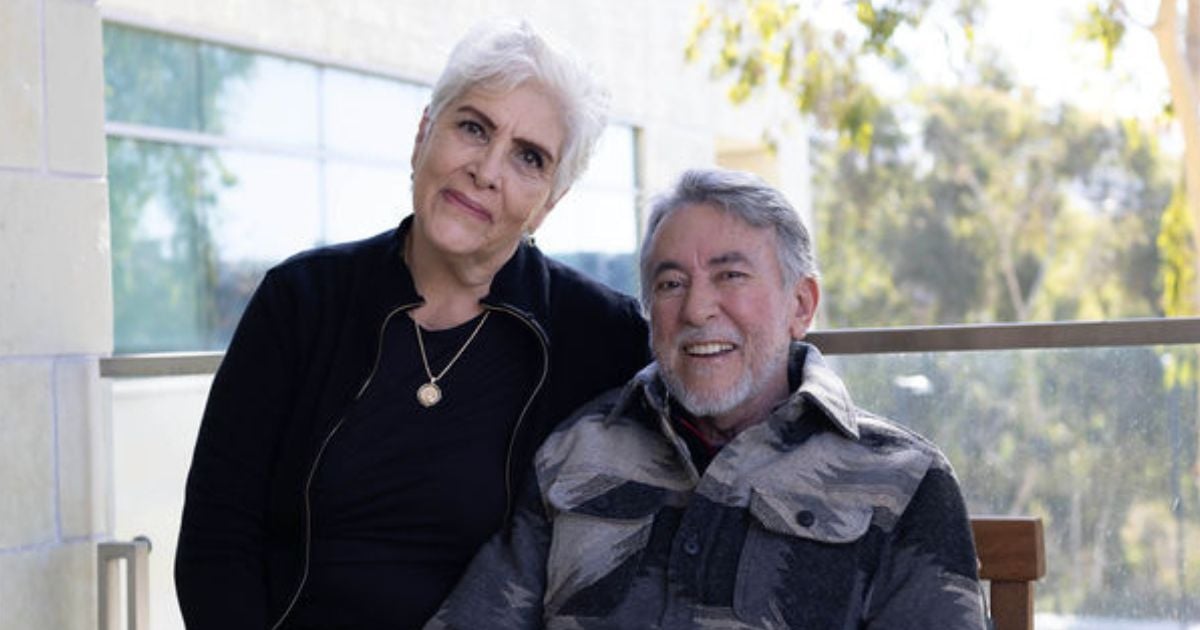Breast Cancer High-Risk Program
As part of our comprehensive cancer care, UC San Diego Health offers screening services for women who may have an increased risk of developing breast cancer.
High-risk screening is relatively new but holds great promise in both prevention and early diagnosis. If you're interested in our screening services, you can contact us directly or ask your physician or genetic counselor for a referral.
Am I at Higher Risk of Breast Cancer?
You may be at higher risk for breast cancer if you:
- Have multiple family members with breast cancer or ovarian cancer
- Carry a genetic mutation (such as BRCA1 or BRCA2) that increases breast cancer risk, or having a first-degree family member with a BRCA mutation
- Have a family member with breast or ovarian cancer and being of Ashkenazi Jewish descent
- Have had multiple breast biopsies or multiple benign masses or growths in your breasts
- Have been diagnosed with atypical ductal hyperplasia (ADH), lobular carcinoma in situ (LCIS) or lobular neoplasia
Breast Cancer Screening Services
Your first consult will be with a nurse practitioner. Your medical and family history will then be reviewed by a team of breast cancer specialists from the Comprehensive Breast Health Center and Family Cancer Genetics Program.
Your provider will then recommend the next steps to prevent, detect and (if necessary) treat cancer. This can include:
- Frequent screenings using advanced breast imaging technologies, including 3D mammography, ultrasound, molecular breast imaging and MRI
- Referrals to specialists in gynecology, medical oncology, radiation oncology, or occupational therapy
- Genetic testing to determine whether you have a genetic mutation associated with breast cancer
- Risk-reducing medications such as tamoxifen
- Surgical intervention, which could include breast-conservation surgery, prophylactic or preventive mastectomy, or reconstruction
Testing for Hereditary Breast Cancer
Learn About Your Risk
Up to 10 percent of all breast cancers are caused by genetic changes or mutations that can be inherited. Mutations of the BRCA1 and BRCA2 genes are understood to be responsible for most cases of inherited breast cancer. We offer genetic testing to identify BRCA and other mutations. Testing can be completed with a simple blood or oral swab test.
Benefits of Knowing Your Genetic Risk
If you have a genetic mutation linked to an increased breast cancer risk, you and your provider can discuss how to interpret and use the information in the context of your health history and lifestyle choices. Review some of the ways in which results from genetic testing may be used to protect you and your family members.
Personalized Screening
Your doctor may recommend a personalized screening and prevention plan specific to your genetic mutation and other risk factors based on National Comprehensive Cancer Network (NCCN) guidelines
Medications
Certain medications may reduce your breast cancer risk.
Surgery
A preventive (prophylactic) mastectomy may be an option for some high-risk individuals.
Family Testing
You may decide to inform your close family members to get tested.
Did You Know?
People who carry certain mutations like BRCA1 and BRCA2 may be at increased risk of pancreatic cancer, too. If you carry these mutations or have a family history of pancreatic cancer, you may want to be screened for your pancreatic cancer risk. Early detection of pancreatic cancer is the key to successfully treating it.
Breast Health Specialists
Make an appointment with one of our breast health specialists to prevent or detect cancer early, when it is most treatable.
Cancer Prevention Through Lifestyle
You may be able to reduce your cancer risk and improve how you feel with certain lifestyle improvements.



